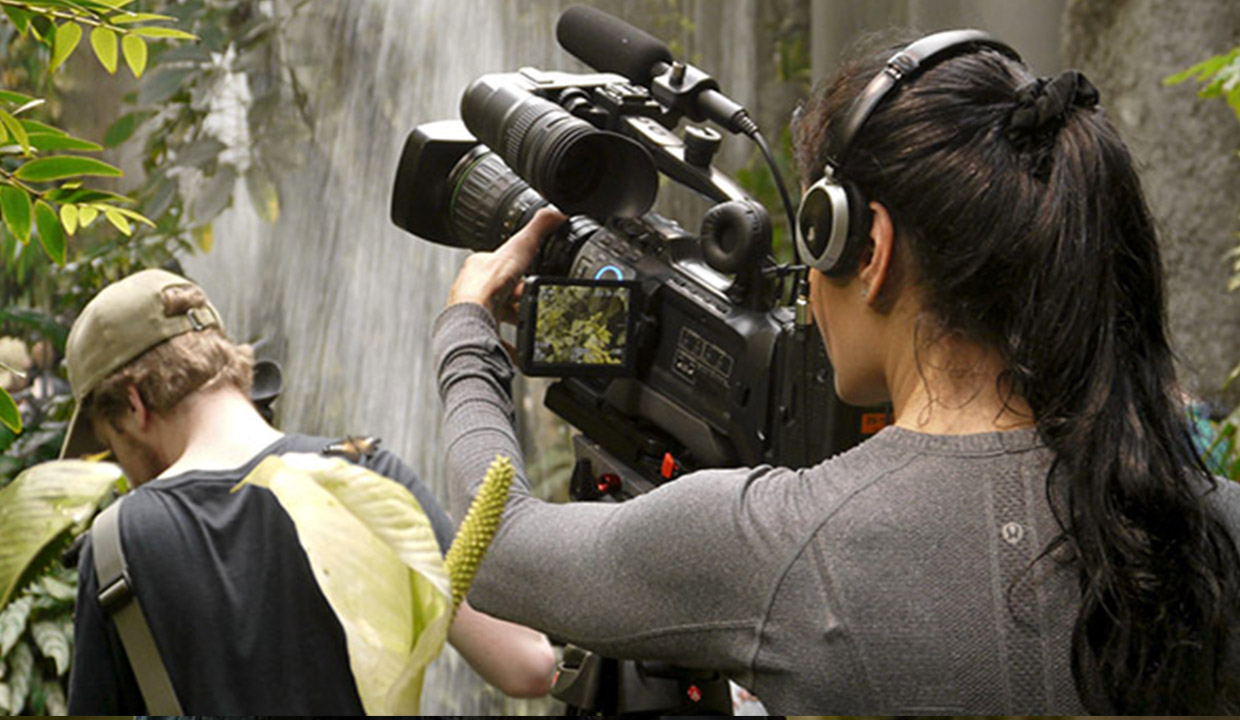By Mark Heidelberger
I once had an executive tell me, “Great story, mediocre script.” When I pressed him on what made the script mediocre, he fumbled about trying to explain it – how it took too long to get to moment X or that moment Y had no conflict between the hero and villain – before finally settling on the fact that, “Look, it just didn’t read the way professional scripts usually read.” This was early in my career, so I simply told myself his lack of articulation meant he didn’t understand the material.
However, as I acquired more experience over the years, I started to better understand what he was getting at. A viable script will have a clear three-act structure that’s driven by the protagonist’s actions and his interactions with an antagonist. This ensures that needed drama occurs as the story progresses, and at a pace that will satisfy audience expectations. While it might sound rote, it’s a tried and true formula that studios, producers, directors, actors and others are looking for.
Most screenwriters have heard of three-act structure, but too often distill it down to having a “beginning, middle and end.” This won’t cut it. Hollywood professionals are used to seeing three-act structure executed in a more precise way, where certain beats involving certain characters happen around certain pages. They might not realize your first act break didn’t involve your hero or that your midpoint came 10 pages too late, but they’ll “feel” that it’s off and pass. So here are the key anchors you want to get right in a 120-page script so you don’t get the feedback I got so many years ago:
Teaser & Set-Up
Establish the protagonist’s ordinary world in the first 15 pages – his life before something happens to alter its course. Where we get to know what kind of character we’re going to be following, what he wants and what flaws he has. Moreover, the first two to five pages should be an opening sequence that teases the story to come and is so darn interesting, it immediately hooks the reader.
Inciting Incident
Something has to happen to the protagonist around page 15 to change his world. And whatever it is, it should set up the conflict with the antagonist. You have some flexibility with page count here, but if your inciting incident starts to go much past page 20, you have too much set-up.
First Act Break
The protagonist needs to make a choice around page 30 that sends him on the journey we’re going to see over the next 90 pages. Note: It can’t be someone else making the choice or having the choice made for him like I’ve seen some writers try to do. Structure is built around the hero’s actions.
Rising Action
From pages 30 to 60, the protagonist needs to make progress in his endeavors. We should see him act and the antagonist counteract, back and forth. But ultimately, the protagonist rises toward his goal. Think of the character trajectories like this: as the protagonist rises, the antagonist falls and vice versa. This inverse relationship is at the heart of screenplay conflict.
Midpoint
The protagonist hits a false high point around page 60. Why is it false? Because the protagonist hasn’t yet learned his lesson, overcome his flaw or defeated the antagonist even though things look rosy otherwise. It’s also critical to have another incident here that alters the protagonist’s trajectory downward.
Falling Action & Betrayal Moment
From pages 60 to 90, the protagonist loses ground to the antagonist and his life starts falling apart. He still hasn’t heeded the story lesson, and he alienates many of those around him. Halfway through this section, there is sometimes a “betrayal moment” as well where either the protagonist breaks someone’s trust or has his trust broken by someone else.
Second Act Break
The protagonist needs to be at the lowest point we’ve ever seen him around page 90. Lower than he was at the beginning. Lower than he’ll be at the end. All needs to seem lost. Don’t be afraid to take your hero and drop him off a metaphorical cliff. At this point, some outside influence will need to rally him to stand up and fight.
Climax
The last quarter of the script is, of course, the showdown between protagonist and antagonist, including any build-up to get there. How it ends will define whether it’s a comedy or tragedy. If the protagonist prevails, it means he’s overcome his flaw, learned the lesson and got what he needed, even if it’s not what he originally wanted.
Coda
While not necessary, the last couple pages can serve as a tag that wraps up any loose ends and offers the reader closure. It usually doesn’t go more than one or two scenes though.
I understand
this may feel a bit mechanical, but there’s a lot of creative leeway within this
structure, and faithful execution is often what sets apart Joe Pro from Joe Schmoe.
Once you find success following the rules, you’ll have more wiggle room to
break them because others will know you understand them. My advice: read as
many professionally written scripts as possible (Drew’s Script-O-Rama has tons) to
observe how the structure is employed in practice. You’ll find doing it right
means not only a great story, but a great script, too.






